Our programmes are helping smallholder farmers around the world to adopt more sustainable agricultural practices, improve their incomes, and become more resilient to the impacts of climate change.
These actions are underpinned by two key goals:
- To help 250,000 smallholder farmers in our supply chain gain access to our livelihoods programmes by 2026
- To implement regenerative agriculture practices on 1 million hectares of agricultural land by 2030
Our work depends on partnerships with farmers, suppliers and delivery partners who bring deep expertise and strong community networks.
This interactive map[a] shows our programmes aimed at strengthening livelihoods and regenerating agricultural ecosystems – ultimately, making our supply chain more sustainable.
Some of our projects
Charts require JavaScript to be enabled.
Rice: Arkansas, USA, 2021-2025

- Supplier:Riviana
- Project aims:Reduce water use, improve soil health, lower GHG emissions
- Implemented hectares:7,347 ha
- Project details:Unilever, in partnership with Riviana (a rice supplier), is spearheading this project to support Knorr’s supply chain. Regenerative agriculture practices are helping to tackle challenges such as heavy rainfall, prolonged droughts, soil erosion and methane emissions caused by the flooding of large rice fields.
- Key regenerative practices includewater-saving techniques such as Alternative Wetting and Drying (AWD), a method that alternates between flooding and drying rice paddies instead of keeping them constantly submerged. This helps to reduce methane emissions. Additionally, optimised irrigation and improved fertiliser use enhance efficiency, conserve resources and minimise GHG emissions.
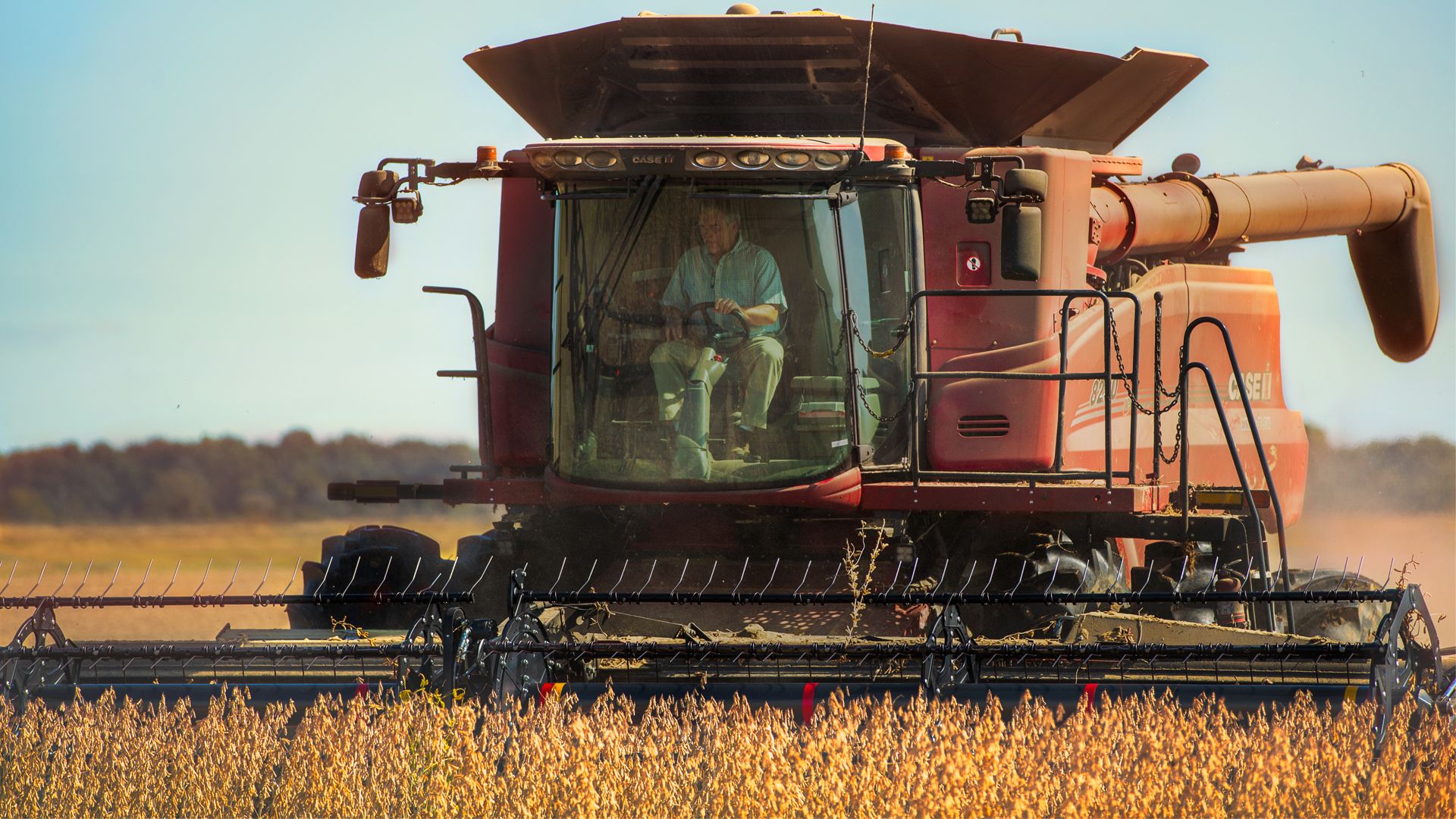
Beans, Pumpkins: France, 2021–2024

- Supplier:Ardo
- Project aims:Reduce water use, improve soil health, lower GHG emissions, enhance biodiversity
- Implemented hectares:1,545 ha
- Project details:Unilever, in partnership with Ardo (a supplier of beans and pumpkins), is leading this project to support Knorr’s supply chain. Regenerative agriculture practices are helping to tackle challenges such as soil erosion, pest and disease control, and declining biodiversity.
- Key regenerative practices includeoptimising crop rotation to maintain soil fertility and reduce the risk of pests and disease. Flower strips are helping to attract pollinators such as bees and butterflies, and to enhance carbon capture by enabling plants to absorb and store CO₂ from the atmosphere. Additionally, farmer training sessions are provided.
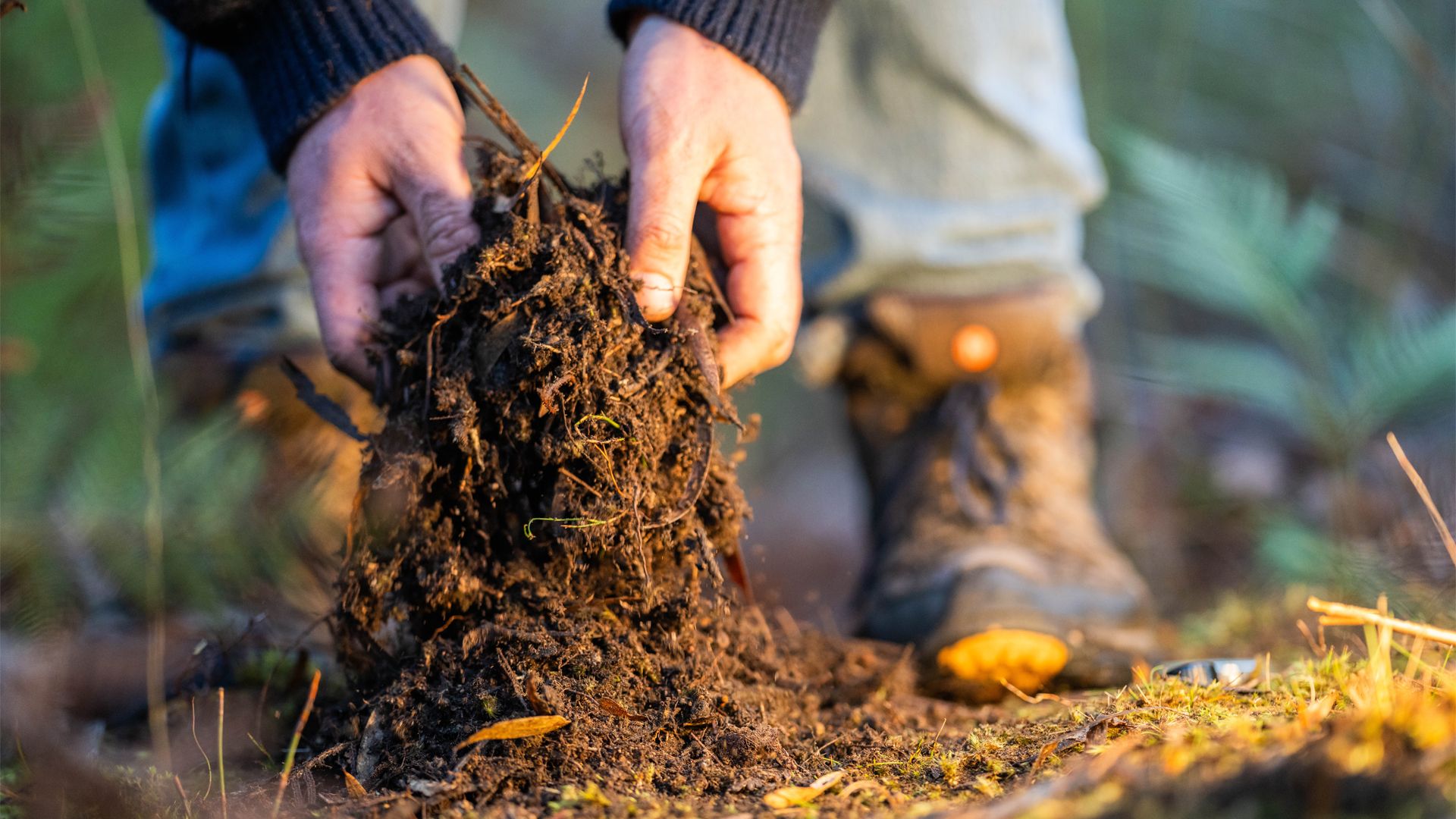
Tomatoes: Badajoz, Spain, 2021–2028

- Supplier:Agraz
- Project aims:Reduce water use, improve soil health, lower GHG emissions, enhance biodiversity
- Implemented hectares:5,626 ha
- Project details:Unilever, in partnership with Agraz (a tomato supplier), is steering this project to support Knorr’s supply chain. Regenerative agriculture practices are helping to address challenges such as low rainfall and drought.
- Key regenerative practices includewater-saving techniques, like precision irrigation, which uses sensors and satellite data to deliver water directly to plant roots, and organic fertilisers to enhance soil structure, moisture and fertility. Indigenous species are planted to expand habitats suited to local conditions, reducing reliance on water, fertilisers and pesticides.
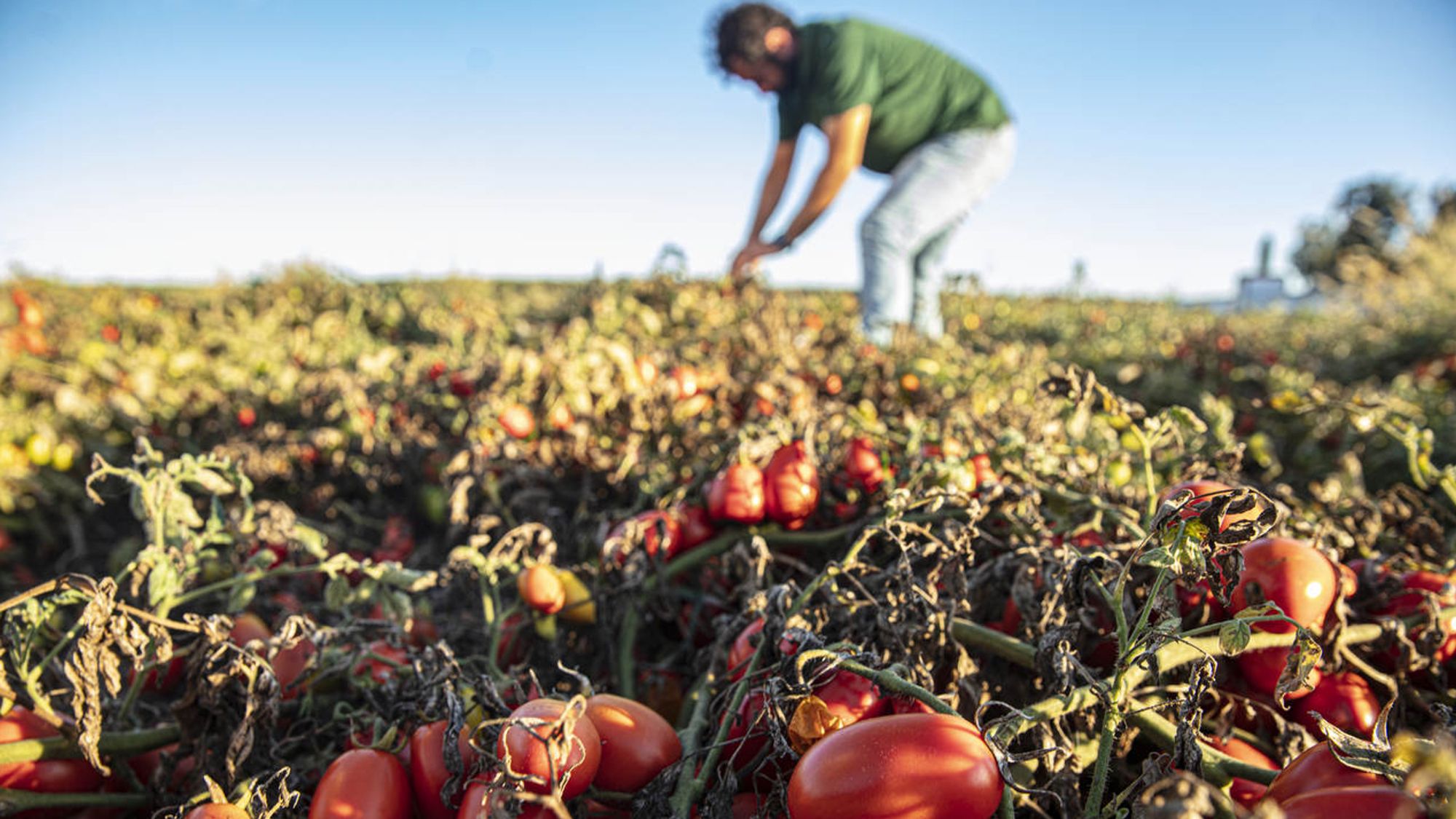
Rice: Italy, 2022–2028

- Supplier:Parboriz
- Project aims:Reduce water use and pollution, lower GHG emissions, enhance biodiversity
- Implemented hectares:2,325 ha
- Project details:Unilever, in partnership with Parboriz and Innovatech, is leading this project to support Knorr’s supply chain. Regenerative agriculture practices are helping to address challenges in rice farming, including water pollution, GHG emissions and declining biodiversity.
- Key regenerative practices includescaling water management and crop rotation across 200+ farmers. Optimised irrigation reduces water waste and improves soil moisture retention, while alternating crops enhances soil structure, lowers the reliance on chemical inputs and boosts biodiversity – creating healthier ecosystems and strengthening climate resilience.
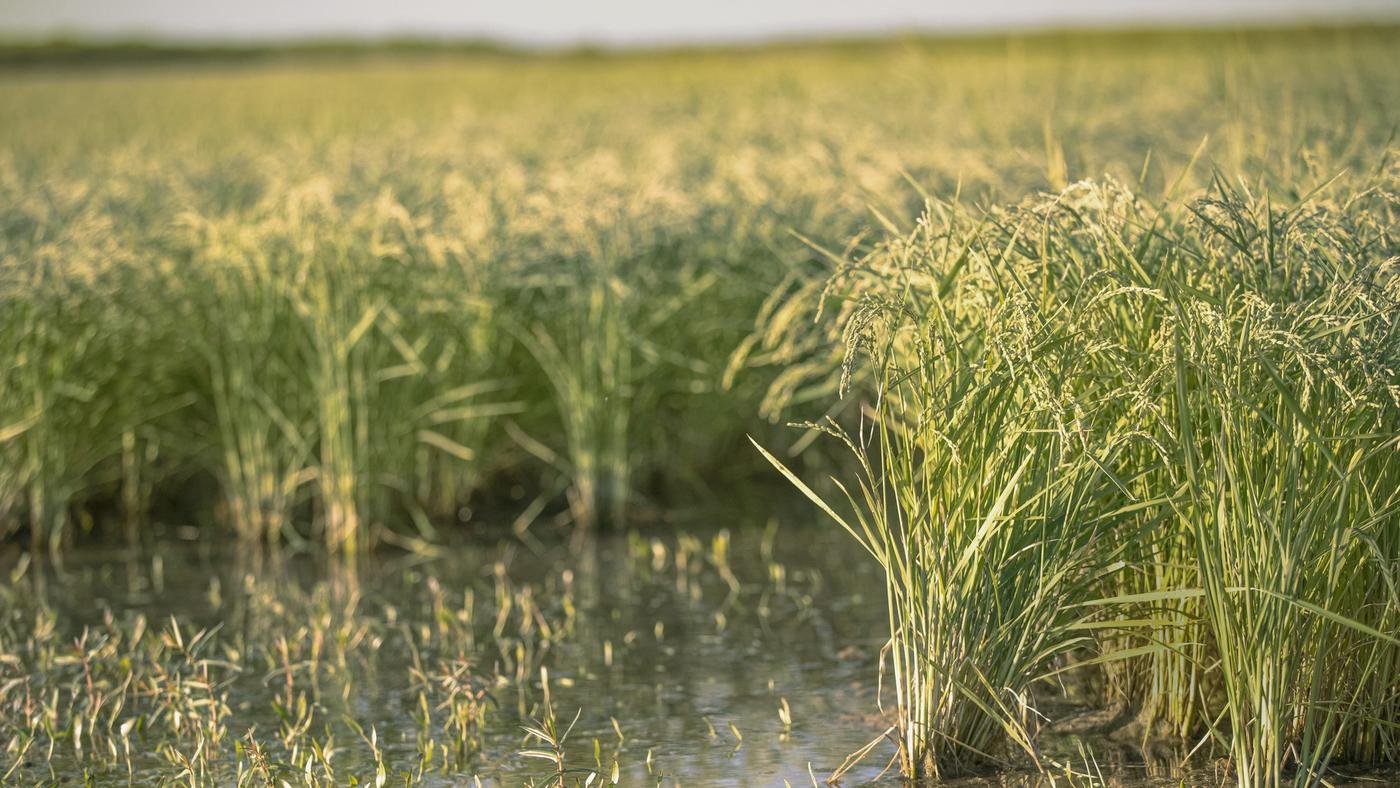
Onions and Garlic: USA, 2022–2025

- Supplier:Olam Food Ingredients (OFI)
- Project aims:Reduce water use, improve soil health, lower GHG emissions, enhance biodiversity
- Implemented hectares:327 ha
- Project details:Unilever, in partnership with OFI (a supplier of onions and garlic), is leading this project to support Knorr’s supply chain. Regenerative agriculture practices are helping to address challenges in vegetable farming, such as degraded soil health, overdependence on chemical inputs and vulnerability to climate extremes.
- Key regenerative practices includeoptimising nutrient use to support plant health and planting cover crops to prevent erosion and attract beneficial insects. Non-chemical pest control is used to enhance biodiversity, and precision agriculture technologies help improve water efficiency and soil health in vegetable farming.
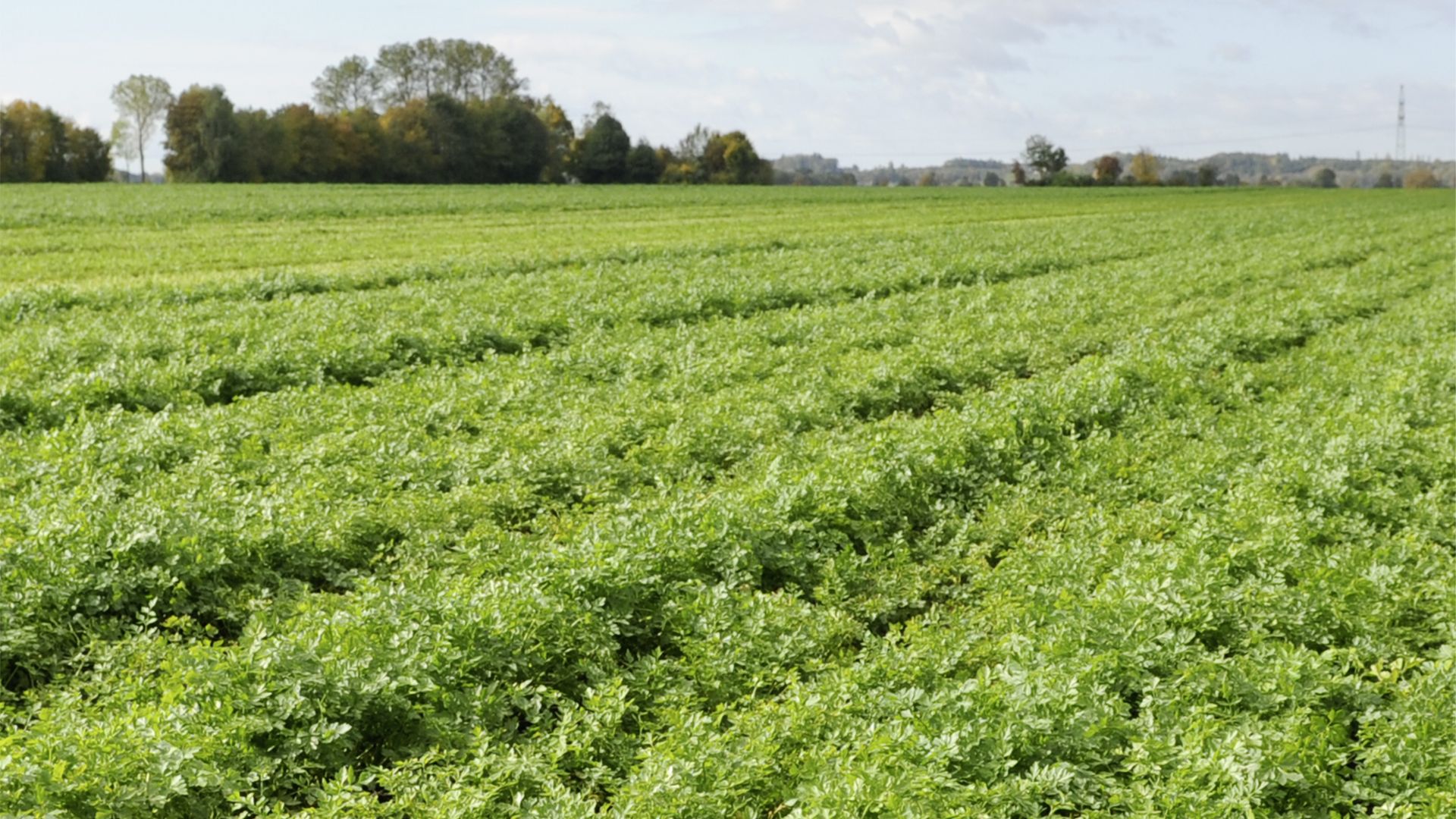
Basil, Cabbages, Carrots, Garlic, Leeks, Onions, Potatoes, Pumpkin, Spinach, Sweet Potatoes, Tomatoes: Argentina, 2022–2026

- Project aims:Reduce water use, improve soil health, enhance biodiversity
- Implemented hectares:134 ha
- Project details:Unilever’s Mendoza plant directly sources vegetables from local farms to strengthen Knorr’s supply chain. Regenerative agriculture practices are helping to tackle challenges such as water shortages and soil degradation in vegetable farming.
- In 2022, Unilever, in partnership with the National Agricultural Technology Institute (INTA), began transitioning to regenerative agriculture practices with farmers in San Juan and Mendoza who supply our plant in Mendoza.
- Key regenerative practices includeplanting cover crops to enrich soil and improve moisture retention, establishing wildlife corridors to support species habitat connectivity, and introducing native species to restore ecosystems. Additionally, compost is used to enhance soil health, while insect hotels attract pollinators and help manage pests naturally, fostering a balanced and thriving environment.
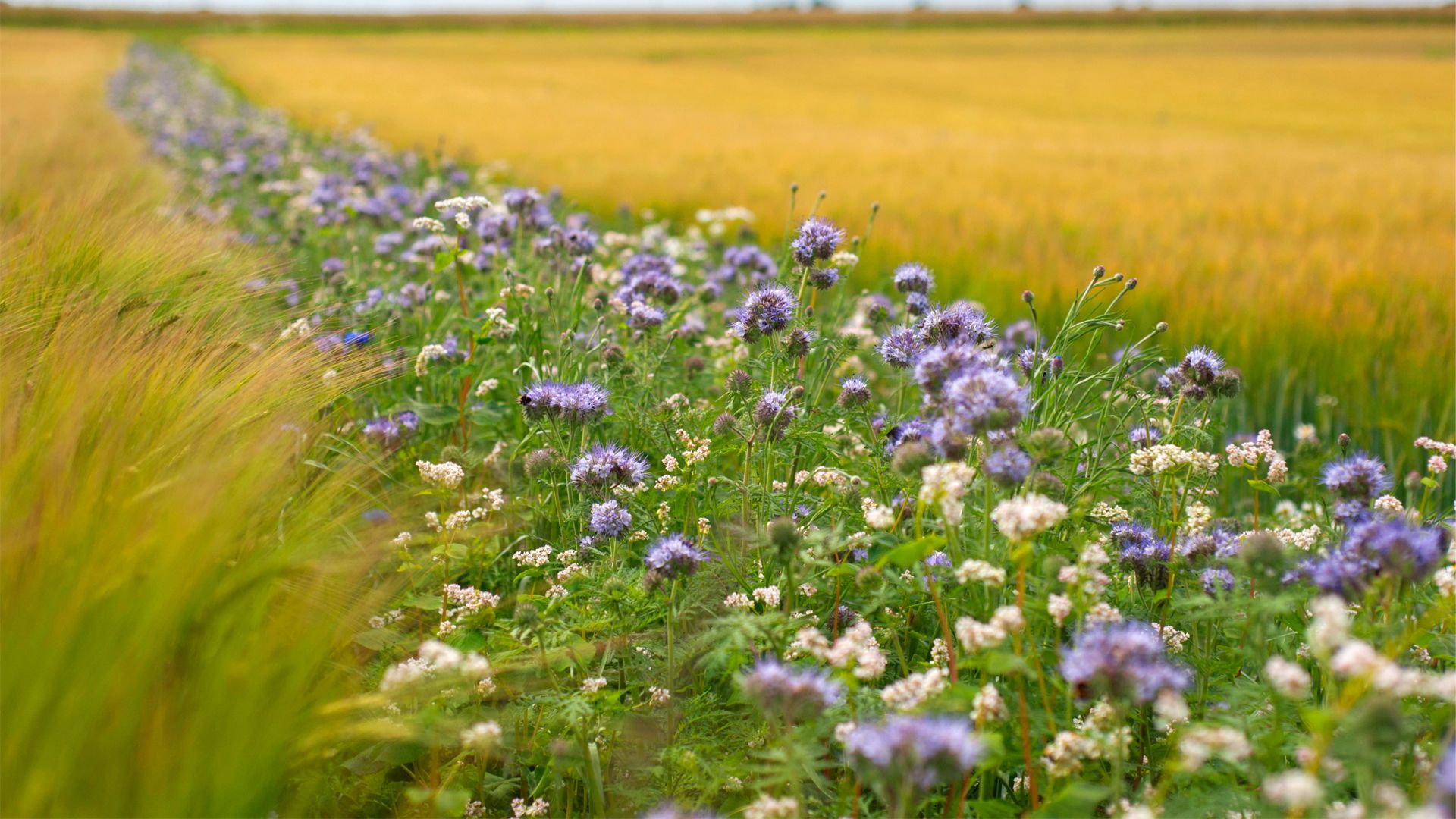
Soybeans: Iowa, USA, 2023–2027

- Supplier:ADM
- Project aims:Improve water quality, boost soil health, lower GHG emissions
- Implemented hectares:77,699 ha
- Project details:Unilever has been working in partnership with ADM, Practical Farmers of Iowa and PepsiCo to drive the Sustainable Soy Cover Crop programme to support Hellmann’s supply chain. Regenerative agriculture practices are helping to address the challenges in soybean farming.
- Key regenerative practices includeplanting cover crops to improve soil health and reducing fertiliser use to mitigate water pollution. This contributes to a healthier ecosystem and enhanced biodiversity. Additionally, financial incentives, technical support and peer networking are provided to help farmers.
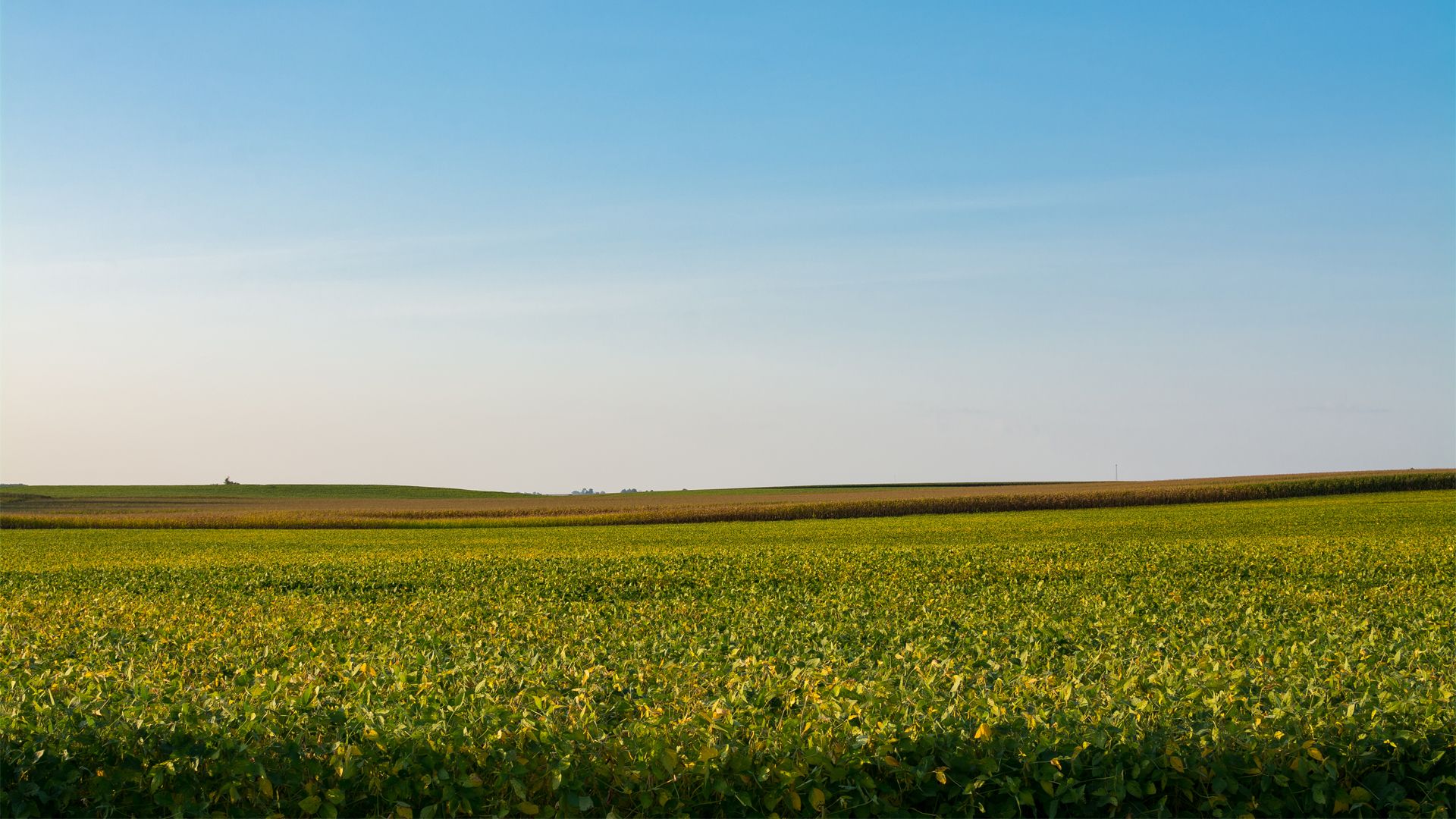
Rapeseed: UK, 2023–2028

- Supplier:Frontier (Yelo)
- Project aims:Improve soil health, lower GHG emissions, enhance biodiversity
- Implemented hectares:1,810 ha
- Project details:Unilever, in partnership with Yelo (a rapeseed supplier), is heading this project to support Hellmann’s supply chain. Regenerative agriculture practices are helping to tackle challenges in rapeseed farming, such as climate resilience, pest management and market fluctuations.
- Key regenerative practices includeplanting cover crops to protect and enhance soil health, alternating crops to disrupt pest cycles, practising low tillage to minimise soil disturbance and reduce erosion, and planting pollination strips to attract beneficial insects.
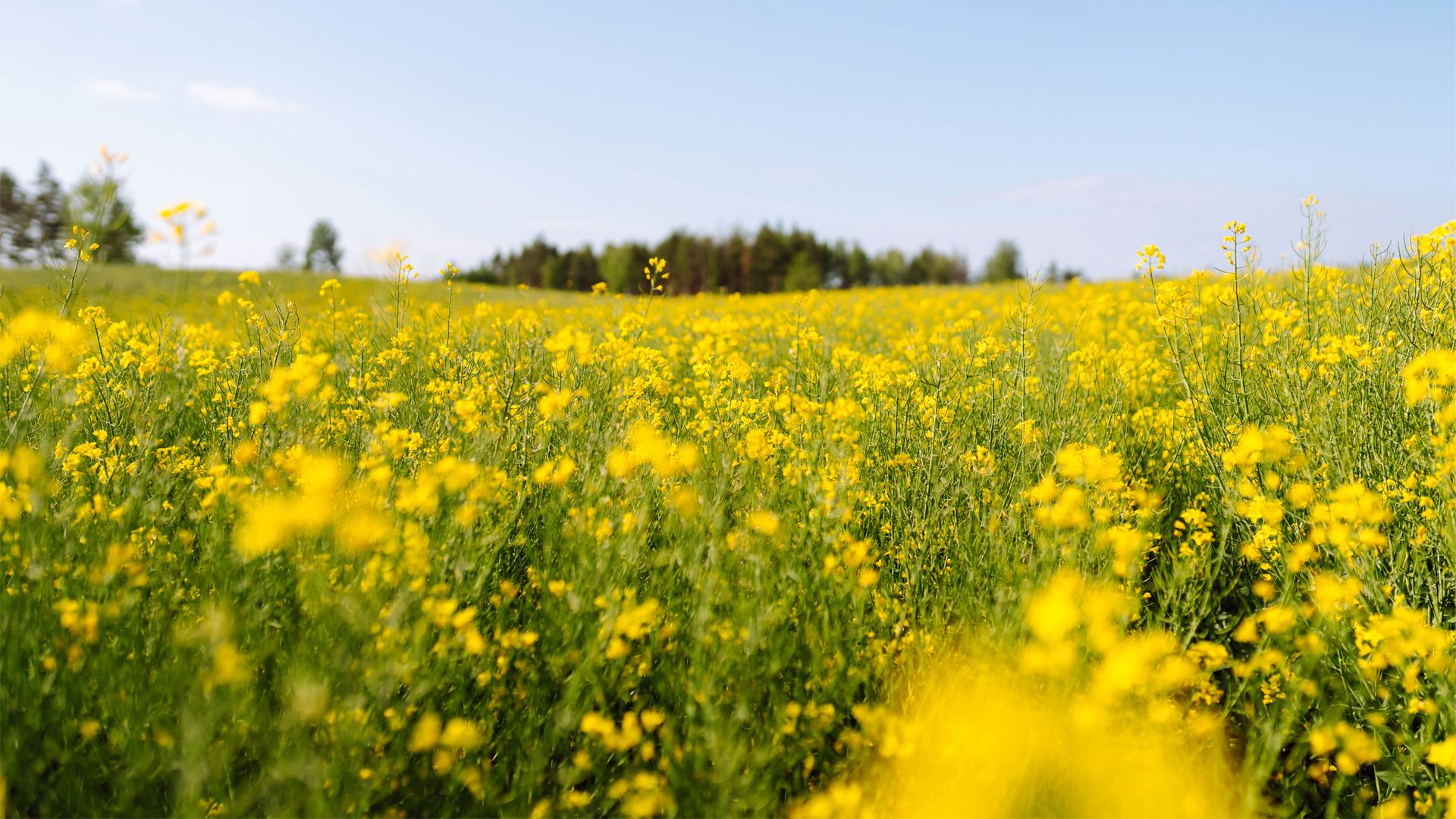
Wheat: Maryland, USA, 2023–2027

- Supplier:PMC
- Project aims:Improve soil health, lower GHG emissions, enhance biodiversity
- Implemented hectares:6,364 ha
- Project details:Unilever, in partnership with PMC (a wheat supplier), is leading this project to support Knorr’s supply chain. Regenerative agriculture practices are helping to tackle the challenge of drought risks in wheat farming.
- Key regenerative practices includeno-till farming where the soil is left undisturbed to preserve its structure, and cover cropping where plants are grown to protect soil health. Precision agriculture is used to enhance resource efficiency. By optimising irrigation, nutrient application and pest control, farmers can reduce their dependency on chemical fertilisers.
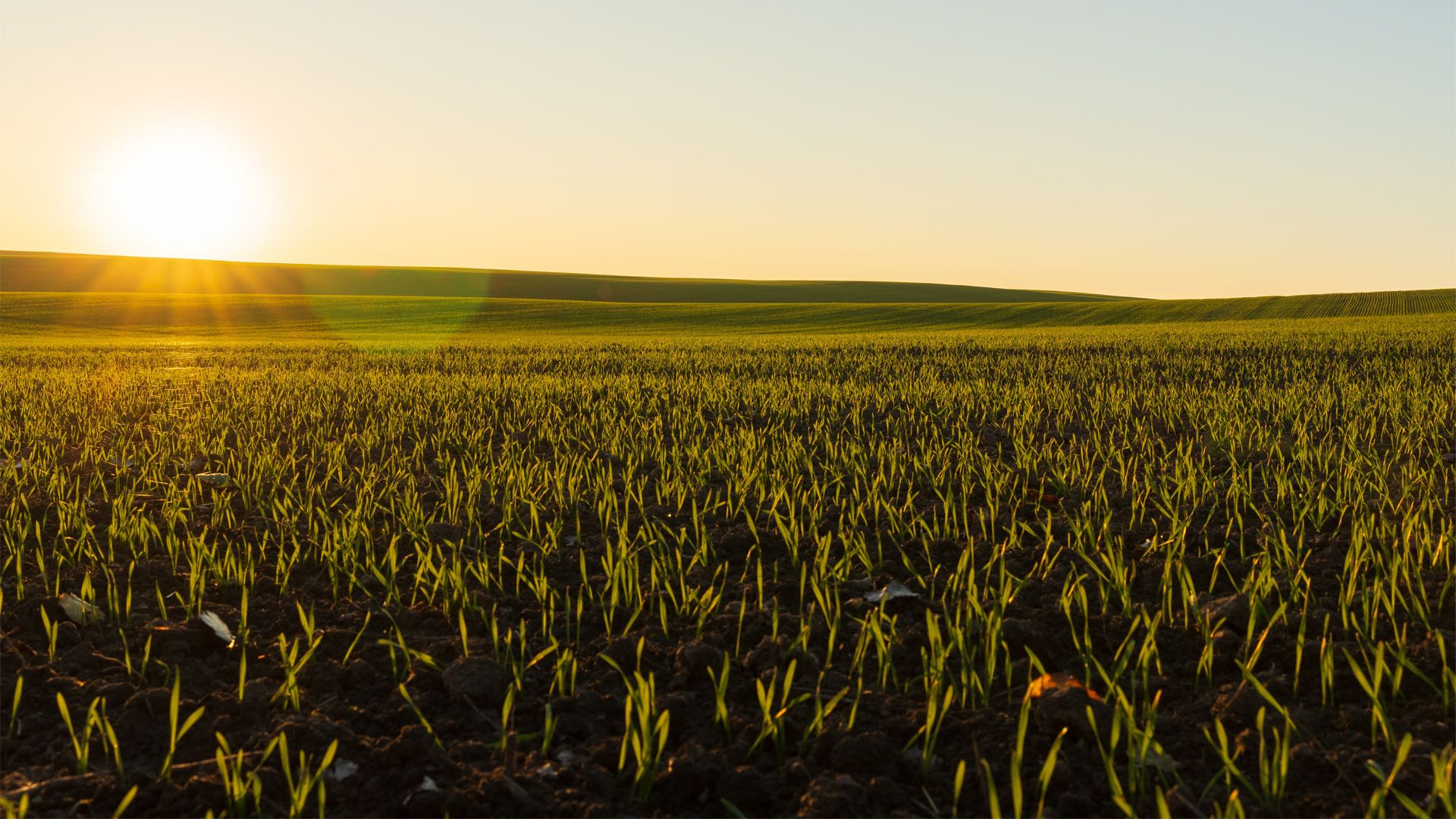
Wheat: Saxony-Anhalt, Germany, 2023–2027

- Supplier:Saalemühle
- Project aims:Improve soil health, lower GHG emissions, enhance biodiversity
- Implemented hectares:1,085 ha
- Project details:Unilever, in partnership with Saalemühle (a wheat supplier), is leading this project to support Knorr’s supply chain. Regenerative agriculture practices are helping to tackle the challenge of drought risks in wheat farming.
- Key regenerative practices includeadvanced soil testing to improve soil health, using organic and fossil-fuel-free fertilisers, planting cover crops to strengthen soil structure and flower strips to attract pollinators. To support adoption, farmers are receiving training sessions to equip them with the knowledge to apply these techniques effectively.
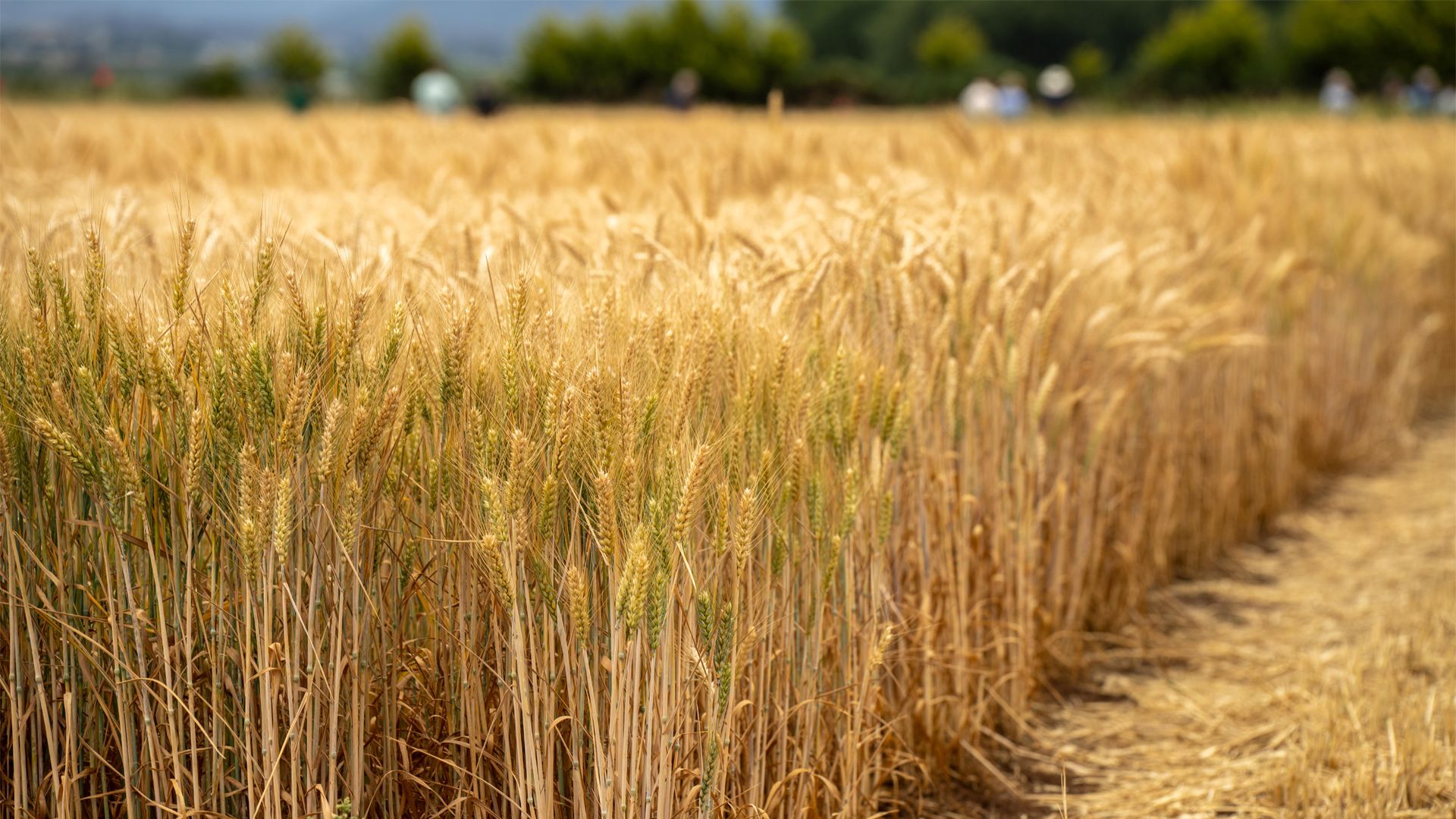
Mustard and Mint: UK, 2023–2028

- Supplier:Condimentum EMG
- Project aims:Reduce water use, improve soil health, lower GHG emissions, enhance biodiversity
- Implemented hectares:90 ha
- Project details:Unilever is collaborating with English Mustard Growers Ltd, Norfolk Mint Growers and NIAB to support Colman’s supply chain. As part of the ongoing trial, regenerative agriculture practices are being explored to help overcome challenges in the UK’s mustard and mint supply chains.
- Key regenerative practices includereducing artificial fertilisers to protect soil health and prevent water pollution, and planting companion and cover crops to boost biodiversity, improve soil structure and enhance nutrient cycling. Additionally, the use of drip irrigation maximises water efficiency and conserves resources.
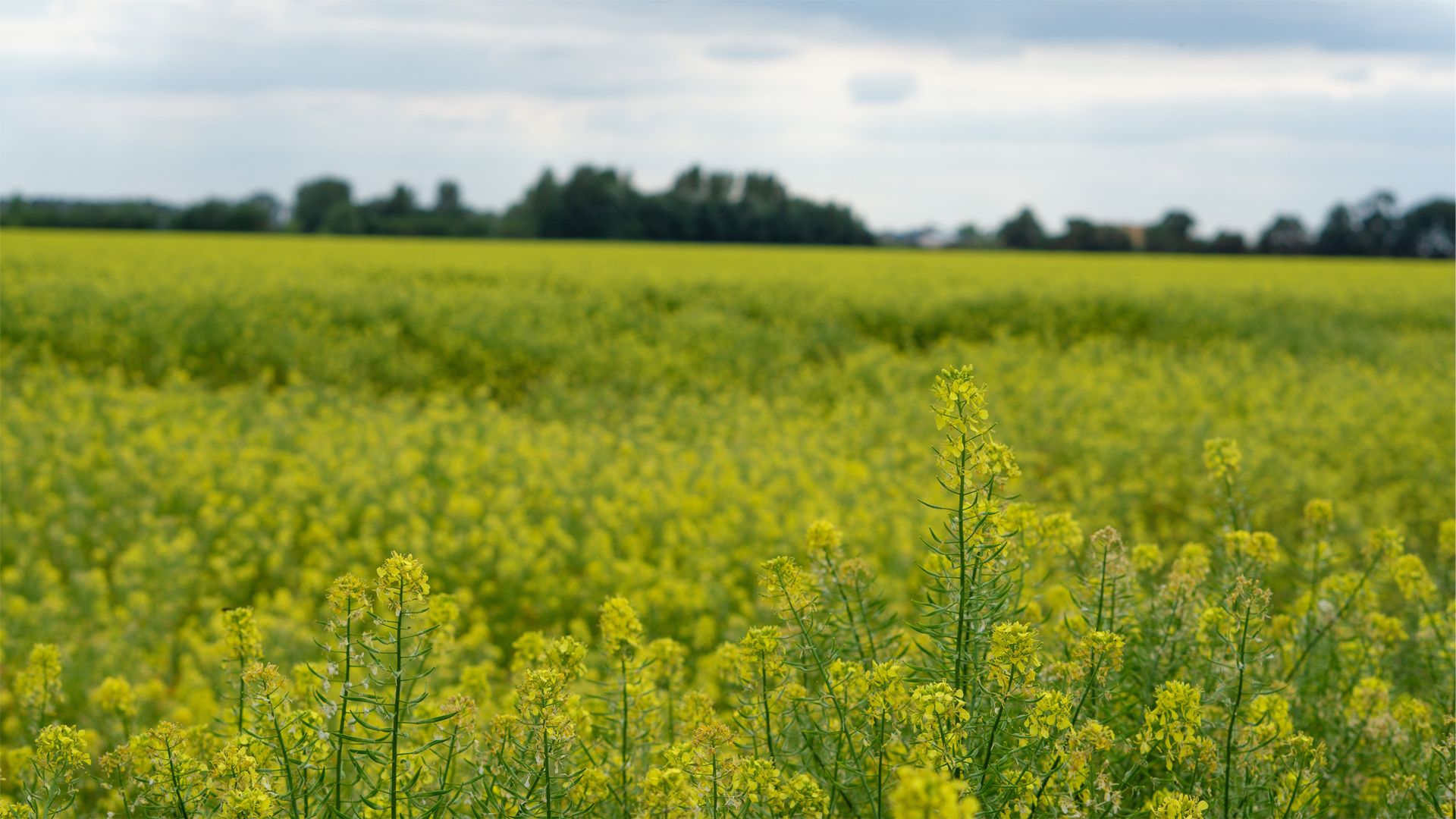
Tea: Assam and West Bengal, India, 2024–2027
- Supplier:Various local tea estates and small tea growers
- Project aims:Reduce water use, improve soil health, lower GHG emissions, enhance biodiversity
- Implemented hectares:6,601 ha
- Project details:Unilever is collaborating with local tea estates in Assam and West Bengal to support its tea supply chain. Regenerative agriculture practices are helping to tackle the impact of climate change on tea farming.
- Key regenerative practices includecultivating climate-resilient tea varieties, enriching soil with natural fertilisers like compost and manure, and leveraging advanced technologies for precise water and soil management. These methods enhance crop resilience, soil fertility and resource efficiency while supporting small tea growers by reducing water use, improving soil health and strengthening tea bush resilience. By minimising chemical inputs, the initiative aims to lower greenhouse gas emissions and boost biodiversity. Through intensive training and field demonstrations, smallholders gain the tools to adopt regenerative agriculture practices, ensuring better yields, economic stability and climate resilience. With its ‘no-deforestation validation,’ the programme maintains a strong commitment to forest conservation.
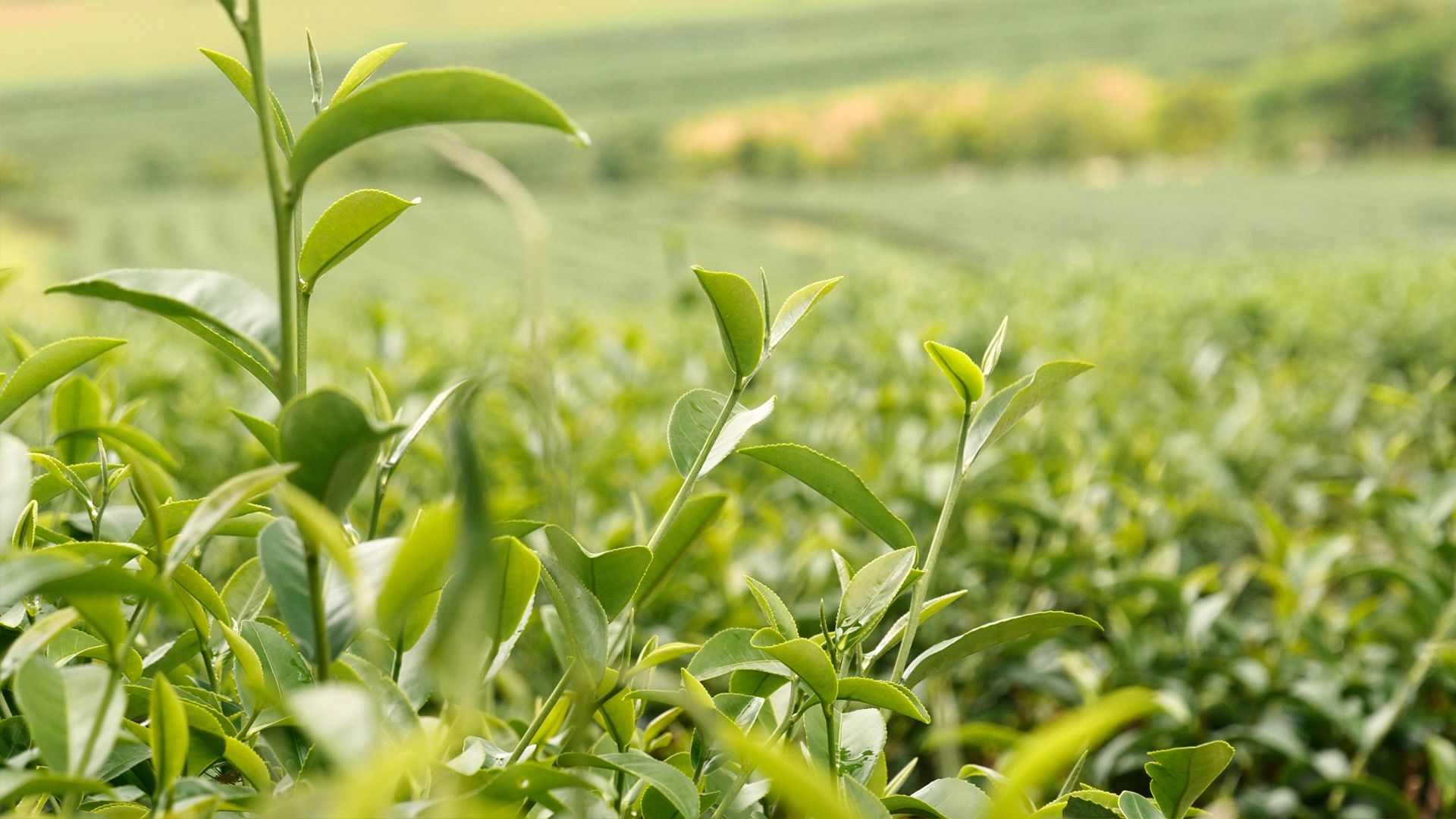
Tea: India, 2013–ongoing
- Programme:Trustea – Sustainability Standard for tea in India
- Partners:Hindustan Unilever Ltd, Tata Consumer Products Ltd, Trustea, Gujarat Tea Producers and Packers, certification bodies
- Programme aims:Promote sustainable farming, expand sustainably produced tea, and strengthen smallholder integration into supply chains.
- Programme overview:Trustea works with smallholder farmers, bought leaf factories, estates, and packers to address key industry challenges. These include regulatory compliance, working conditions, health and safety, waste and energy management, food safety, gender equality issues, regenerative agriculture and climate change mitigation.
- Number of farmers expected to be certified per year:around 7,000–10,000
- Key livelihoods activitiesinclude helping small tea growers meet sustainability standards while improving their yields. Farmers are trained in cultivating climate-resilient tea and provided with access to Trustea’s digital tools, which support good agricultural practices. Through certification, farmers can enter new markets, providing the opportunity to improve their incomes and long-term economic stability.
Vanilla: Sava, Madagascar, 2016–2025
- Programme:Vanilla for Change (Fandriaka)
- Partners:Symrise, Unilever, Deutsche Gesellschaft für Internationale Zusammenarbeit (GIZ), Save the Children, local Malagasy organisations
- Programme aims:Increase income resilience, diversify livelihoods, expand access to financial tools and healthcare, and strengthen community and youth wellbeing.
- Programme overview:Vanilla for Change is a decade-long multi-stakeholder initiative supporting smallholder vanilla farmers. It tackles the causes of poverty and vulnerability in vanilla-growing communities – such as price volatility and limited access to finance, education and healthcare while securing a sustainable supply of vanilla.
- Number of people expected to be supported (including farmers):> 40,000
- Key livelihoods activitiesinclude training farmers in activities such as rice cultivation, poultry rearing, beekeeping and fish farming to diversify income sources in communities. The programme strengthens financial inclusion through savings groups and training, while also improving access to health and education.
Palm oil: North Sumatra, Riau and Aceh, Indonesia, 2023–2028
- Programme:Smallholder Farmer Hubs
- Partners:Unilever, SNV, YPHL, YSHL, Koompasia, Fortasbi, PESADA, PEMPEM, Meridia, Earthqualizer, Widya Erti Indonesia, IBS, WRI Indonesia, PTPN V, ASOFA, RSPO, local governments and cooperatives
- Programme aims:Increase incomes, improve productivity, reduce environmental degradation, promote gender inclusion, strengthen farmer organisations, and build long-term resilience in smallholder palm oil communities.
- Programme overview:Smallholder palm oil farmers use regenerative practices to restore soil health and water systems, while gender-inclusive training and cooperative development strengthen community resilience and economic opportunity.
- Number of farmers supported to date:around 47,000
- Key livelihoods activitiesinclude support for alternative income strategies to increase financial resilience, and the participation of women and marginalised groups. Practical training equips farmers with regenerative techniques that enhance productivity and reduce input costs. The programme also introduces tools for traceability, environmental monitoring and certification readiness, helping farmers meet sustainability standards and access more secure, premium markets.
Coconut sugar: West Java and Lampung, Indonesia, 2018–2030
- Programme:Coconut Sugar Smallholder Farmer Hubs
- Partners:Unilever, Meridia, Koltiva, Indonesian Coconut Institute, Widya Erti Indonesia
- Programme aims:Promote sustainable coconut farming to strengthen farmer livelihoods and resilience to climate change.
- Programme overview:The programme aims to transform the coconut sector in Indonesia through pest management, farmer training and the introduction and planting of Dwarf Coconut Trees which have shorter trunks. This makes sap collection easier, quicker and safer compared to existing coconut trees (Tall Coconut Trees), while significantly improving individual farmer productivity and income.
- Number of farmers expected to be supported:around 10,000
- Key livelihoods interventionsinclude introducing high-yield coconut varieties, training in sustainable farming practices, and improving market access to boost farmer productivity and income. Field schools, local facilitators and digital tools empower farmers, while promoting climate resilience through soil and water conservation. Farming households are trained in sugar processing to improve efficiency, safety and profitability.
Cocoa: Across the cocoa-growing regions, Côte d’Ivoire, 2021–2024
- Programme:Cocoa Agroforestry for Remediation of Deforestation (CARE Defor)
- Partners:Unilever, Barry Callebaut, CARE, SACO, ALMA, ICRAF
- Programme aims:Promote sustainable cocoa agroforestry, protect forests, empower women and young people, and foster community engagement for environmental sustainability and climate-resilient practices.
- Programme overview:Provided tree seedlings for planting, conducted awareness campaigns on forest protection and agroforestry practices, and worked through Village Savings and Loan Associations (VSLAs) to support income-generating activities and digital literacy in women and young people.
- Number of farmers supported:> 10,000
- Key livelihoods activitiesincluded using VSLAs to help women and young people gain digital, financial, and entrepreneurial skills that enable them to manage their finances and launch new income-generating or green businesses. Time-saving tools and clean energy technologies reduced household burdens so that more women could engage in economic activities, diversifying incomes and creating local jobs.
Cocoa: Cocoa-growing regions, Côte d’Ivoire, 2021–2024
- Programme:Cocoa & Forests Initiative
- Partners:Unilever, Cargill, Agromap, Satelligence
- Programme aims:Establish farm-level traceability, assess deforestation risks, promote agroforestry and climate resilience, reduce emissions and protect biodiversity. The programme also seeks to diversify farmer incomes, empower women, and engage young people and communities.
- Programme overview:The programme used digital tools and community engagement to promote sustainable cocoa production as well as protecting and strengthening farmer incomes. It encouraged dialogue on how sustainable farming practices support long-term livelihoods, including for women.
- Coverage:Around 5,000 farmers from 9 farmer groups along with cocoa-growing households in 120 communities
- Number of people supported:> 20,000
- Key livelihoods activitiesincluded distributing multi-purpose tree seedlings for farmers to plant, which helped diversify incomes and build climate resilience. GPS-based farm mapping and satellite monitoring ensured compliance, seedling distribution and farmer training promoted agroforestry, and school tree planting and local film screenings educated communities on the environment.
Cocoa: Agboville, Duékoué, Bettié, Indénié, Côte d’Ivoire, 2019–2024
- Programme:Increasing Resilience and Gender Empowerment in Cocoa Communities
- Partners:Unilever, Barry Callebaut, Stichting CARE Nederland, RVO Fund for Responsible Business (FVO)
- Programme aims:Strengthen the economic and social capacity of women in cocoa farming households and traditional communities, while narrowing the living income gap for cocoa producers.
- Programme overview:Combined cooperative, household, and community-based activities to support women and improve incomes.
- Number of farmers supported:around 1,000–1,500
- Key livelihoods activitiesincluded gender equality training, family business coaching, digital literacy support, and access to savings and loan groups. The project also strengthened cooperatives and connected farmers to financial services and markets. This led to more women in leadership roles, better household financial planning, increased income-generating activities, and improved access to credit. Farming families have seen more stable incomes, financial independence and community resilience as a result.
Dairy: India, 2022–2025
- Programme:Net Zero in Dairy
- Partners and locations of initiatives:
Unilever, Stellapps, mooMark – Karnataka, India;
Unilever, Solidaridad Regional Expertise Centre (SREC), Nova Dairy Products – Agra, India;
Unilever, Baani – Nabha, Punjab, India - Programme aims:Reduce GHG emissions, build farmer resilience and capacity, ensure competitive prices, reduce supply chain costs, promote regenerative agriculture practices, increase farming yield, and improve supply chain traceability and resilience.
- Programme overview:Aims to bring long-term sustainability to the dairy network. The programme combines technical partnerships, industry collaboration, and ground-level support to focus on animal health, farmer wellbeing and environmental care.
- Number of farmers expected to be supported:around 1,000–5,000
- Key livelihoods activitiesinclude training and financial assistance to improve animal health, farm productivity and income. This promotes better farming practices, with targeted support for nutrition, hygiene and disease prevention. It also leads to higher milk yields, reduced costs, and more resilient and profitable livelihoods while supporting long-term environmental and economic sustainability.
Coconut oil: General Santos, Southern Leyte, Philippines, 2021–2025
- Programme:Multi-stakeholder public-private partnership
- Partners:Unilever, Barry Callebaut, Cargill, JDE Peet’s, Nestlé, FrieslandCampina, Procter & Gamble, Deutsche Gesellschaft für Internationale Zusammenarbeit (GIZ) GmbH on behalf of the German Federal Ministry for Economic Cooperation and Development (BMZ)
- Programme aims:Improve farmers’ income opportunities, protect the environment, increase the reliability, transparency and sustainability of supply chains, and create a win-win situation for both public and private partners.
- Programme overview:The programme supports smallholder coconut farmers in the Philippines through sustainable agriculture, improving livelihoods, climate resilience, and supply chain transparency using the LandScale sustainability assessment approach.
- Key livelihoods activitiesinclude developing intercropping to diversify income streams, conducting tailored training on good agricultural practices and business to meet both farmer and market needs, and ensuring local ownership through collaboration with national authorities and NGOs. Women’s participation is encouraged to strengthen gender equality.
Coffee: Karnataka and Kerala, India, 2024–2027
- Suppliers:Various local farmer groups and organisations (SSRDP, Hand in Hand, SM Sehgal Foundation)
- Partners:Hindustan Unilever Ltd, IDH India, JDE Peet’s, ECOM, Sucden
- Programme aims:Improve soil health, reduce GHG emissions, enhance biodiversity, strengthen livelihoods, diversify incomes, and empower women.
- Programme overview:We’re working with local groups to strengthen our coffee supply chain through regenerative agriculture practices to tackle the impact of climate change. The programme also supports farmer livelihoods by diversifying incomes and empowering women farmers.
- Coverage:100,000 hectares
- Number of farmers expected to be supported:around 50,000
- Key regenerative practicesinclude using more weather-resistant coffee varieties, natural fertilisers like compost and manure, and advanced technologies to manage water and soil. This supports crop resilience, long-term soil fertility and efficient resource use. The programme also promotes agroforestry, with its ‘no-deforestation’ validation.
- Key livelihoods activitiesinclude expanding access to better quality saplings, native trees and bio-traps for Farmer Producer Organisations (FPOs) while also strengthening market linkages to secure better prices and more stable incomes. The programme addresses mobility and social barriers, enabling fuller participation in farming and community leadership.
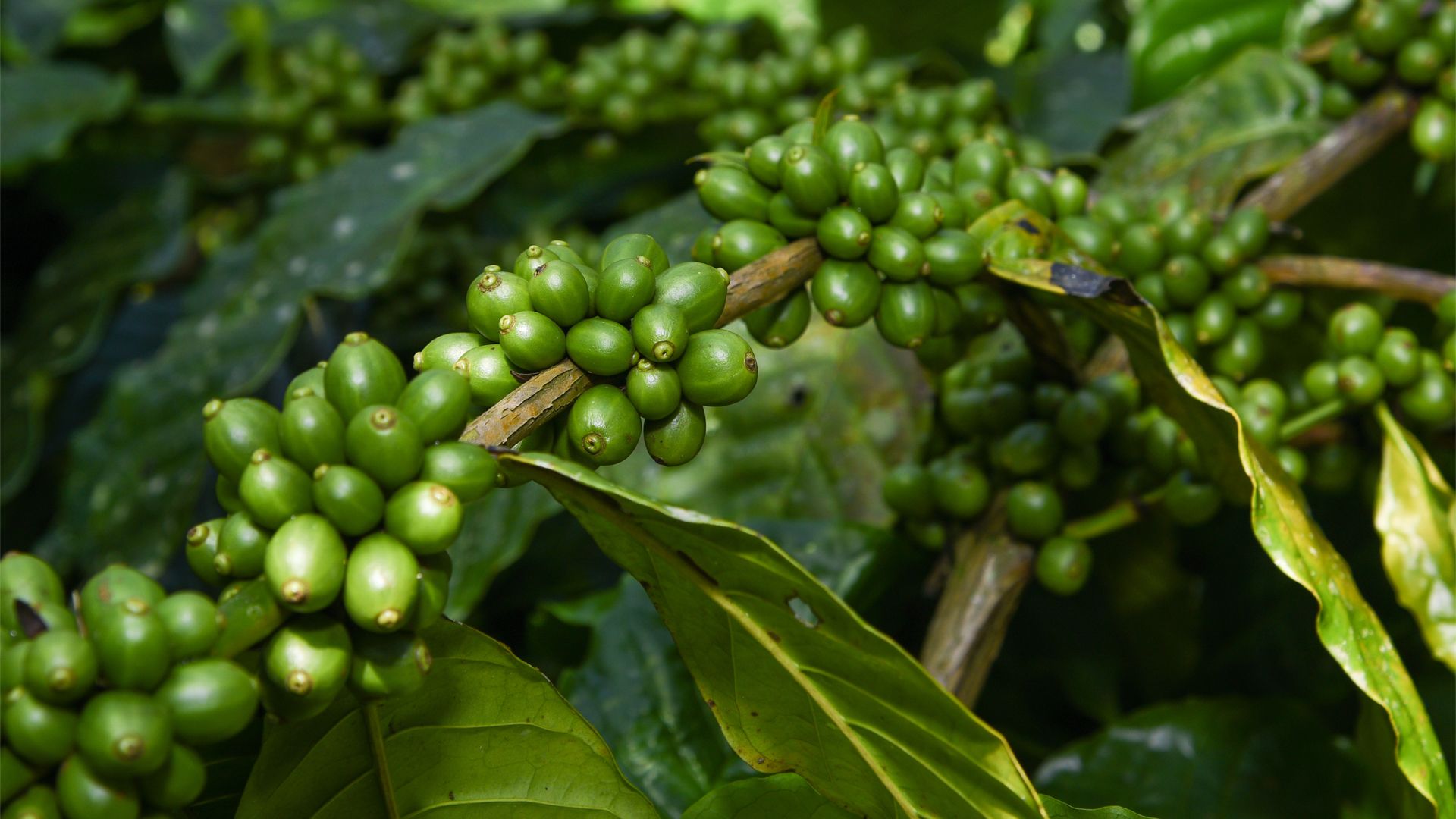
Tomatoes: Nashik, India, 2024–2027
- Programme:Regenerative Tomato Value Chain Development
- Partners:Hindustan Unilever Ltd, IDH, Sahyadri Farmers Producer Company Limited, local farmer groups, and community organisations
- Programme aims:Cut emissions, restore soil health, boost biodiversity, build community resilience, increase incomes, reduce input costs and improve market access.
- Programme overview:Supports smallholder tomato farmers with regenerative practices that cut costs and boost yields. The programme builds climate resilience, promotes biodiversity, and empowers women through training, demonstration plots, and inclusive participation.
- Number of farmers expected to be supported:around 3,000
- Key regenerativepractices include promoting biodiversity through farmer networks and model farms. This initiative helps restore soil health and build climate resilience.
- Key livelihoods activitiesinclude tailored training in regenerative techniques and ongoing technical guidance, with model farms showcasing actions like biodiversity enhancement and reduced chemical inputs. Lead farmers act as local champions, encouraging peer learning and village-wide adoption. Monitoring systems track soil health and outcomes to help farmers improve productivity, reduce costs, and enjoy more stable, sustainable incomes.
Garlic: Shandong Province, China, 2024–2028
- Programme:Regenerative garlic value chain development
- Partners:Unilever, Shundi Food, Heze SHUNFENG Agricultural Co. Ltd., Garlic Science and Technology Research Center, PUR
- Programme aims:Improve farmer livelihoods by reducing input costs, enhancing soil and water health, and building a more resilient garlic supply chain.
- Programme overview:This initiative helps garlic farmers introduce regenerative practices into their farms to strengthen long-term resilience.
- Number of farmers expected to be supported:< 500
- Key regenerative practicesinclude using organic fertilisers, improving irrigation efficiency and creating biodiverse habitats to restore soil health and reduce environmental impact.
- Key livelihoods activitiesinclude field demonstrations and soil testing to help farmers manage nutrients and reduce input costs. Using organic fertilisers and mulching improves productivity and environmental health. Farmers’ and partners’ local engagement in the programme improves market access, income stability, and community wellbeing.
Rice: North-East Thailand, 2023–2027

- Suppliers:CP Foods and PWS
- Partners:Unilever, Charoen Pokphand Intertrade (CPI), Livelihoods Venture, Kasetsart University
- Programme aims:To improve soil health, reduce GHG emissions, enhance biodiversity, enable more inclusive, climate-resilient farming systems, and increase farmers’ incomes.
- Programme overview:We’re using regenerative agriculture to address key challenges in Knorr’s rice supply chain, such as soil salinity and inconsistent rainfall. We’re also embedding inclusive practices that support farmer wellbeing and long-term economic and social resilience.
- Coverage:4,000 hectares
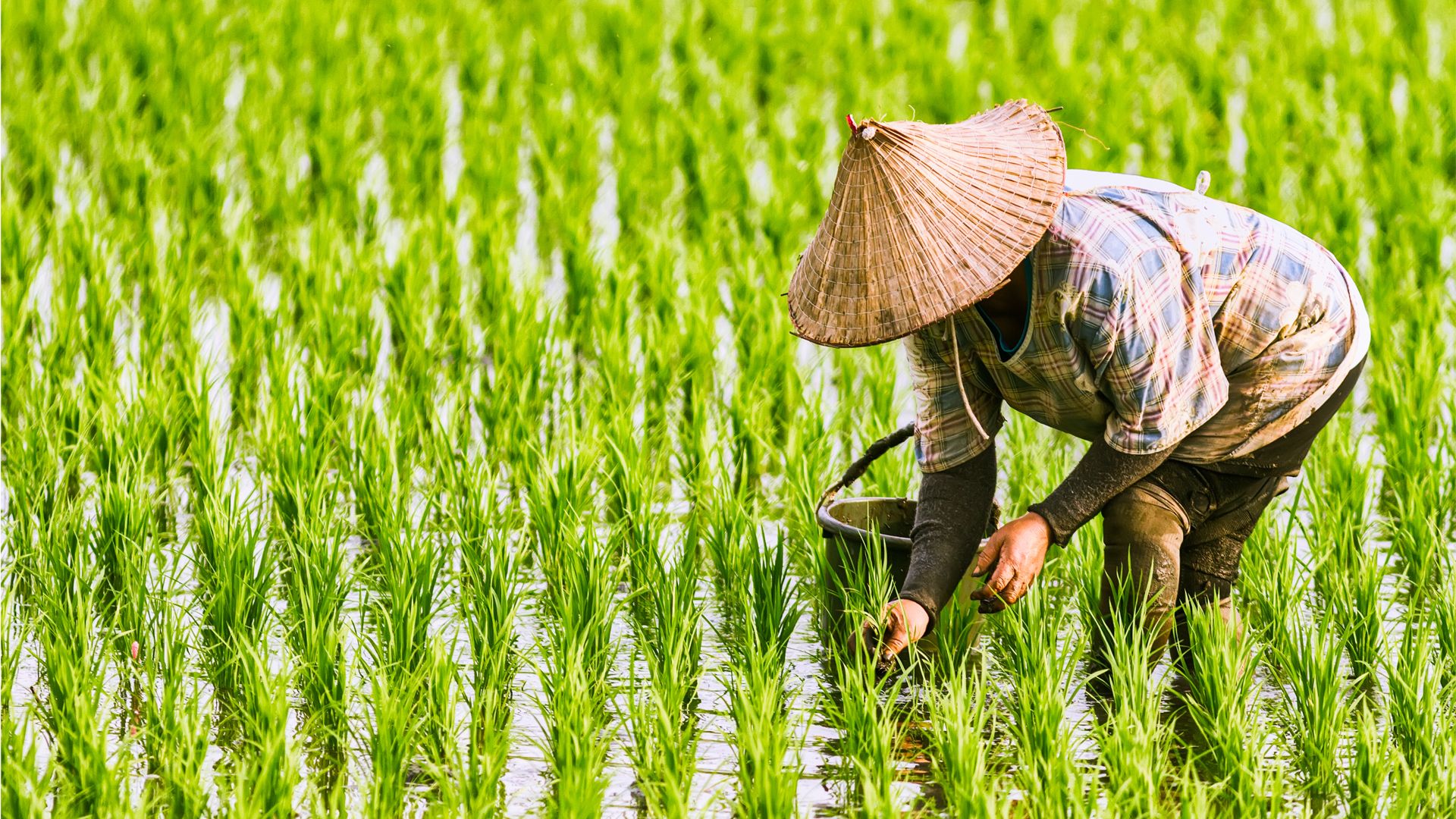
Black Soybeans: East Java, Indonesia, 2023–2028
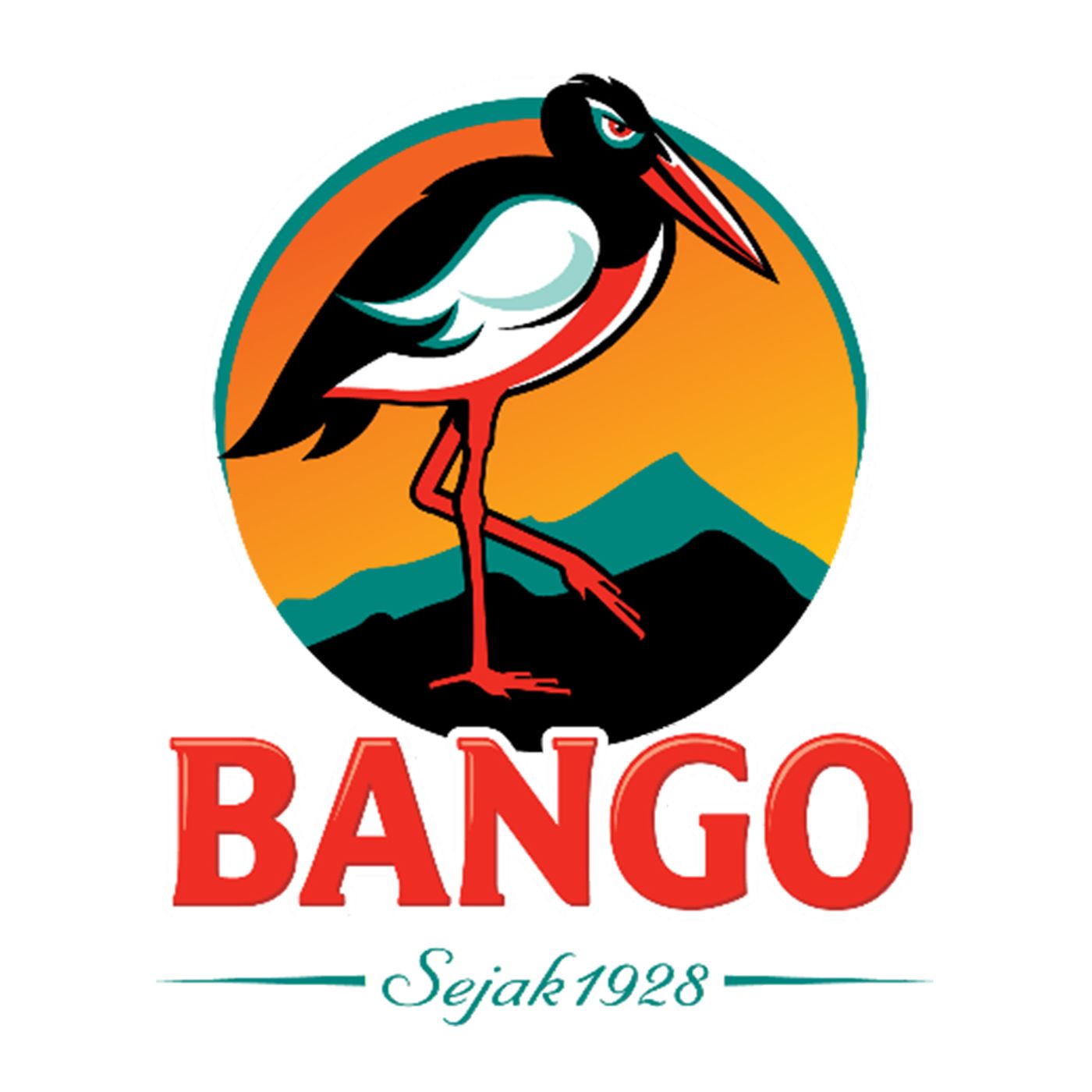
- Supplier:Sinar Agro Solusi (SAS) and BSB Cooperatives
- Partners:Unilever, Livelihoods Venture, SAS
- Programme aims:Improve soil health, enhance biodiversity, reduce GHG emissions, and protect and improve farmer livelihoods.
- Programme overview:This initiative supports our Bango soy sauce supply chain by applying regenerative agriculture practices to address key challenges in black soybean farming and build a secure, sustainable future for sourcing.Coverage:1,000 hectaresKey regenerative practicesinclude training and farmer field schools focused on sustainable and regenerative farming techniques, alongside the development of local networks of farmers, coaches, and trainers. Composting and bio-input production units help restore soil health, enrich soil quality and improve farmer profitability. Optimised planting patterns further support higher yields and ecological balance.Key livelihoods activitiesinclude reducing production costs, improving yields, and strengthening income stability. These efforts span community-based bio-input production, tailored training, and the distribution of high-quality seeds. Cooperative-led sourcing and social business models help stabilise incomes, while initiatives such as village composting centres generate organic inputs and create new sources of community income.
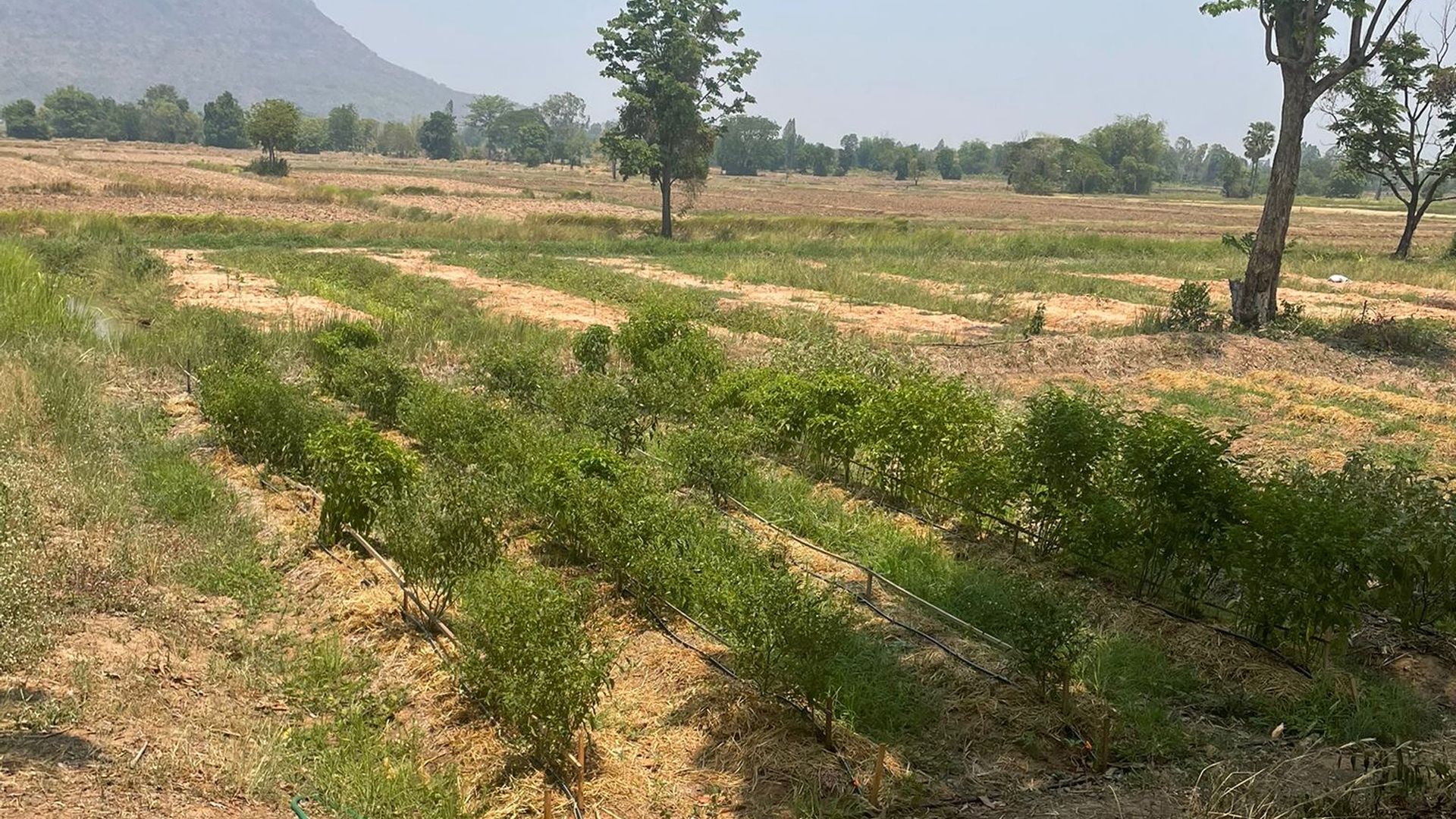
‘Implemented hectares’ refers to the number of hectares implemented by 31 December 2024.
Data presented on this map is based on self-reported figures. These figures have not been externally verified and may include estimates or projections.